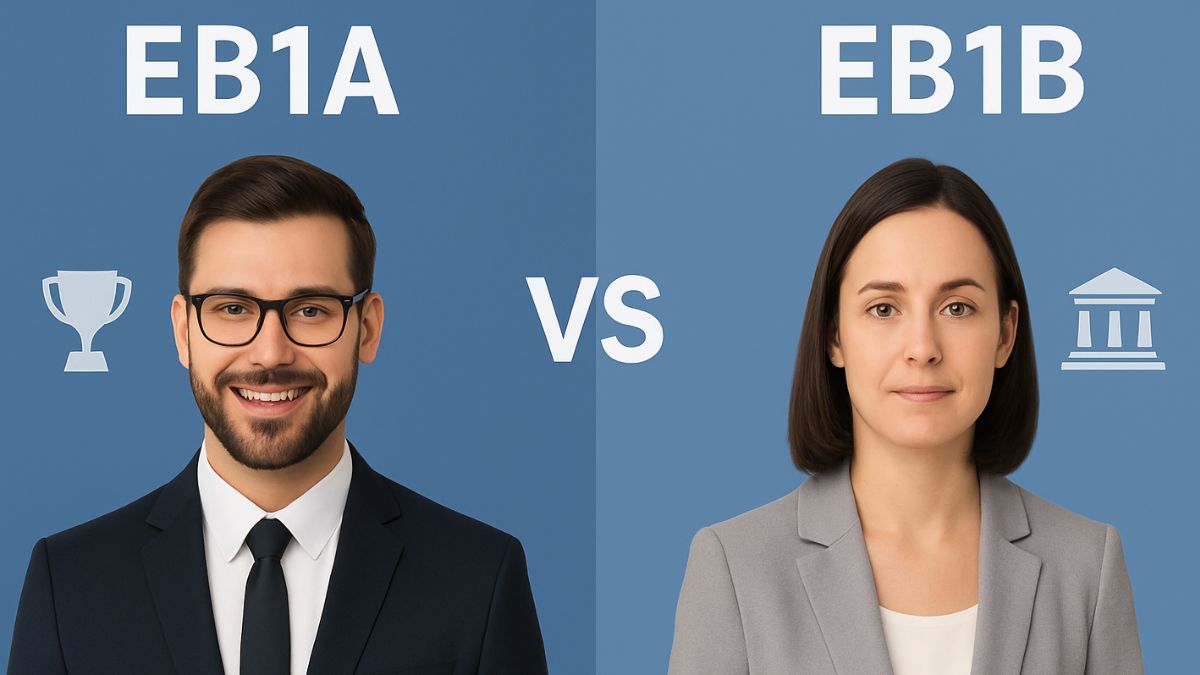
For many individuals seeking new opportunities, the concept of permanent residency and citizenship opens doors to stability, rights, and greater freedom. Whether you’re considering relocating for work, education, or personal reasons, understanding the differences between these two statuses is essential. Both PR and citizenship provide pathways to secure your future, but they come with varying benefits and requirements. In this guide, we’ll break down the key distinctions between permanent residency and citizenship, helping you make informed decisions about your future.
What is Permanent Residency?
Permanent residency is a legal status that allows individuals to live and work in a country indefinitely. It is not the same as citizenship but provides many similar rights and privileges, such as the ability to work, study, and access public services. However, permanent residents are typically not allowed to vote or hold certain government positions.
Key Benefits of Permanent Residency
- Right to Work and Study: PR holders can live and work in the country without the need for a work permit. They can also access public education and healthcare systems.
- Travel Flexibility: PR often provides the freedom to move in and out of the country without the restrictions faced by temporary visa holders.
- Pathway to Citizenship: Many countries offer permanent residents a path to citizenship through additional requirements like language proficiency, residence duration, and integration into the community.
- Dependents Included: PR usually extends to immediate family members such as spouses and children.
Key Requirements for Permanent Residency
- Residency Period: Most countries require a certain number of years of continuous residence before granting permanent status.
- Employment: Proof of stable employment may be necessary.
- Language Proficiency: Certain countries might require language tests to ensure you can integrate effectively.
- Background Checks: PR applicants often undergo security and background checks to ensure they meet the country’s immigration standards.

What is Citizenship?
Citizenship is the highest legal status in a country, offering full rights and privileges, including the right to vote, run for public office, and access all government services. While citizenship often builds on permanent residency, it typically requires more stringent criteria and a deeper level of integration into society.
Key Benefits of Citizenship
- Full Rights and Privileges: Citizens enjoy unrestricted access to the country’s services, including voting, social benefits, and employment in certain government roles.
- No Renewal Needed: Citizenship is typically granted for life and doesn’t require renewals, unlike temporary visas or PR.
- Protection and Rights: Citizens are protected by the country’s constitution, including the right to live and work anywhere within the nation without restriction.
- Dual or Multiple Citizenship: Some countries allow dual or multiple citizenships, meaning you can retain your original nationality while holding citizenship in another country.
Key Requirements for Citizenship
- Residency and Time Requirements: Most countries require several years of continuous residence, often ranging from 5 to 10 years.
- Language and Integration: Proficiency in the official language(s) is typically required, along with evidence of integration into the local community, including cultural knowledge and lifestyle.
- Background and Security Checks: Citizenship applicants usually undergo more rigorous security and background checks.
- Civil Engagement: In many cases, applicants must show proof of involvement in the community, whether through employment, volunteer work, or contributing to local society.
Differences Between Permanent Residency and Citizenship
Understanding the key distinctions between permanent residency and citizenship can help guide your decision-making process. Below are some of the main differences:
1. Rights and Privileges
- Permanent Residency: Provides many of the same rights as citizenship, such as work and education, but excludes political rights like voting and holding public office.
- Citizenship: Grants full rights, including the right to vote, run for public office, and access all government services.
2. Pathways
- Permanent Residency: Acts as a stepping stone to citizenship in many countries, often requiring applicants to meet additional criteria such as residency duration and integration.
- Citizenship: In some cases, citizenship may not be available for all PR holders, depending on policies regarding dual citizenship and country-specific requirements.
3. Travel and Residency Requirements
- Permanent Residency: Often requires maintaining a physical presence in the country, with limits on time spent outside the country.
- Citizenship: Typically offers more flexibility, allowing longer absences without risking the status.
4. Application Process
- Permanent Residency: Generally, the PR application process is less stringent and may involve fewer checks compared to citizenship.
- Citizenship: The process tends to be more rigorous, requiring a deeper level of integration and additional documentation.
Conclusion
Whether you’re considering permanent residency or citizenship, understanding the key differences between the two will help you make informed decisions based on your personal goals and circumstances. Permanent residency offers many of the benefits of citizenship but may not come with full political rights or the same level of long-term stability. Citizenship, on the other hand, provides comprehensive rights and the assurance of belonging to a country without the need for renewals.
If you’re looking to secure a stable future or explore opportunities abroad, understanding these distinctions will ensure you’re well-prepared to make the best choice for your journey.
For more insights into visas, travel, and global migration trends, explore our blog for trustworthy information and updates.












